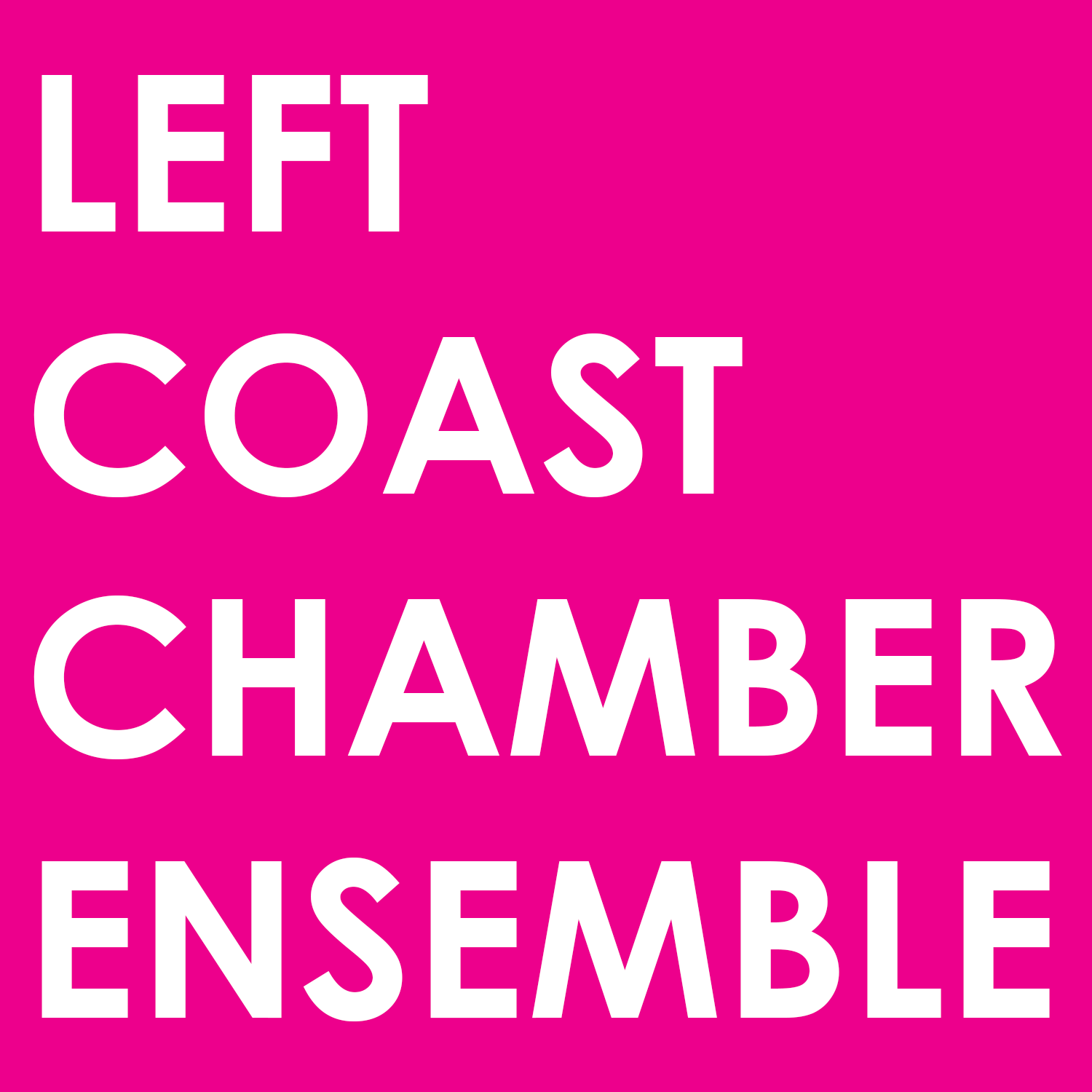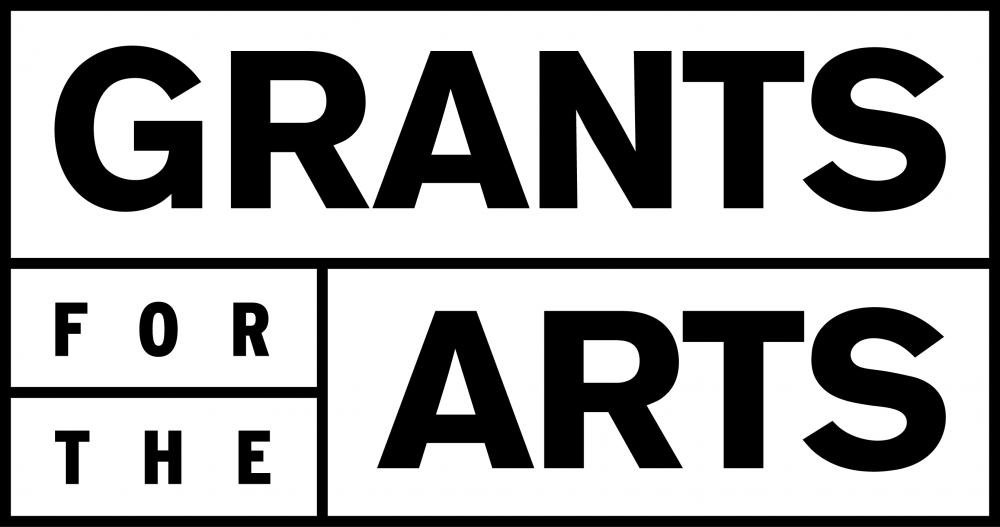“Left Coast’s Michael Goldberg is an outstanding musician with a flair for unusual repertoire.”-- San Francisco Classical Voice
Michael Goldberg’s path to becoming a musician was a long and circuitous process. No one else in his family showed any interest in classical music. Michael was initially drawn to the guitar at age 8 when he found that his older brother had gotten a guitar. He pleaded with his mother to buy him one and to get him some lessons. He studied for six months and then lost interest. But at age 13, he started playing again and has never stopped. Initially interested in folk, blues, ragtime and popular music, Michael later got interested in classical and jazz.
His first teacher, Joe Breeze, was the staff guitarist for the Ed Sullivan Show. As a teen, Michael studied with Del Staton, a left-handed guitarist and wonderful teacher who had played with Billie Holiday, Doris Day, and the Mills Brothers. Michael says, "Learning from Del was sometimes mystifying since he was left-handed and simply turned the guitar around, playing it with the strings upside down."
Michael did not initially commit to being a professional musician, going to college and working an unusually disparate variety of jobs. But he “kept gravitating back to music,” playing with jazz bands, accompanying singers, playing solo classical guitar and studying privately. Finally, in his late 20s, he studied with David Tanenbaum, and eventually enrolled in the graduate program at the San Francisco Conservatory.
Michael began to play with Left Coast in the mid 1990's along with his then- girlfriend -- and later wife -- Phyllis Kamrin (viola/violin). He had already been touring and recording with Phyllis as part of the Alma Duo and was excited to have the chance to play contemporary music with a larger group of musicians which offered a greater instrumental spectrum of colors and textures.
For Michael, Left Coast’s adventurous programming is particularly attractive, “I’m always excited to discover something that I like. One doesn’t know what to expect from a contemporary piece of music. Not only as a performer, but also as a concertgoer, I find it exciting to hear new music that ventures into unexplored territory and has something to say. I think Left Coast does a particularly good job of choosing pieces that have something important to express."
In addition to chamber music, Michael also loves playing music for solo guitar. This year, he has played solo recitals at UC Davis, UC Berkeley and CSU Sacramento. His solo performances have recently featured works by Narvaez, Dowland, Bach, Walton, Turina, Ponce, Albeniz and Rodrigo. Over the years, he has been involved in a great variety of projects, ranging from performing with symphonies and in operas, playing on stage in long theatrical runs, for ballet and modern dance performances, with choirs, hosting his own radio show, recording various CDs, and most recently, touring with the Philharmonia Orchestra of London.
In Left Coast’s upcoming concert (Night Music, Dec. 9 & 10), Michael is playing Nocturnal, a monumental solo piece by Benjamin Britten based on the song Come, Heavy Sleepe by John Dowland, an English Renaissance composer, singer and lutenist. Britten uses a familiar form, theme and variations, but in reverse: the seven variations each create a psychological portrait of different aspects of dreaming ranging from gentle and sweet to terrifying and intense, culminating in the beauty of Dowland's original song which does not end but grows more and more quiet, slipping into silence.
Melancholy music was fashionable during the Renaissance and Dowland’s music fit right in. But Dowland wasn’t just being fashionable; the complaints and bitterness expressed in many of his comments suggest that the melancholy in his music reflected his own unhappiness. Converting to Catholicism in the early 1580s in Protestant England and possibly bitter that he couldn't find employment as a court musician in England, Dowland spent most of his career employed at the royal court in Denmark.
Michael suggests that Dowland’s Come, Heavy Sleepe implores sleep to come in order to be released from the cares and troubles of the waking day. In contrast, Britten seems to imply that waking brings relief from the disturbed thoughts of dreams.
Michael's next project with Left Coast will team him up with Stacey Pelinka on the third concert of the LCCE season (Jan. 31 and Feb. 4) in a premiere performance of a new work by American composer Ramteen Sazegari as well as Toru Takemitsu's Toward the Sea, a beautifully evocative work about the mysteries and tales of the water world.
Author: By Marilyn Zivian, Member, LCCE Board of Directors. Based on an interview with Michael Goldberg in October 2012.










